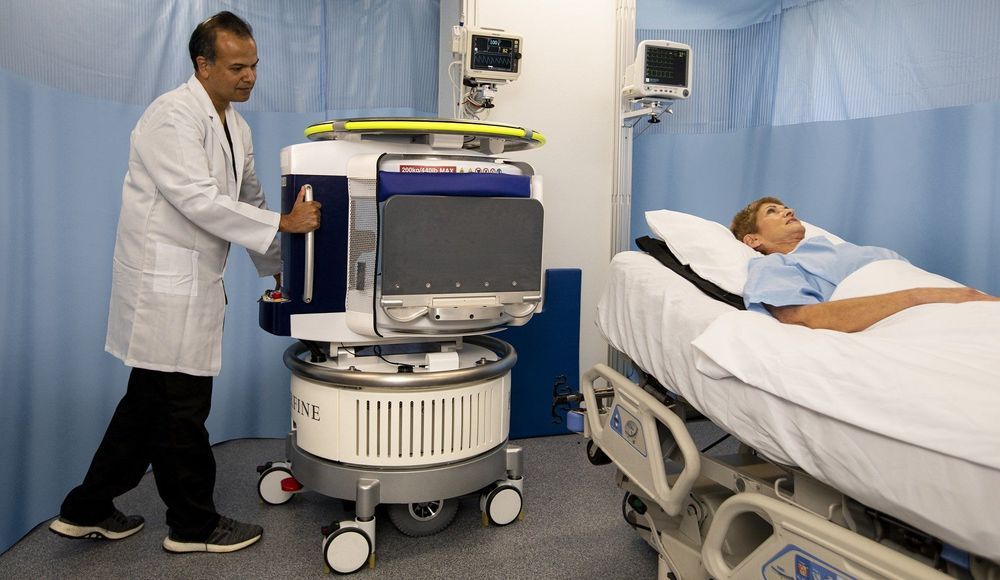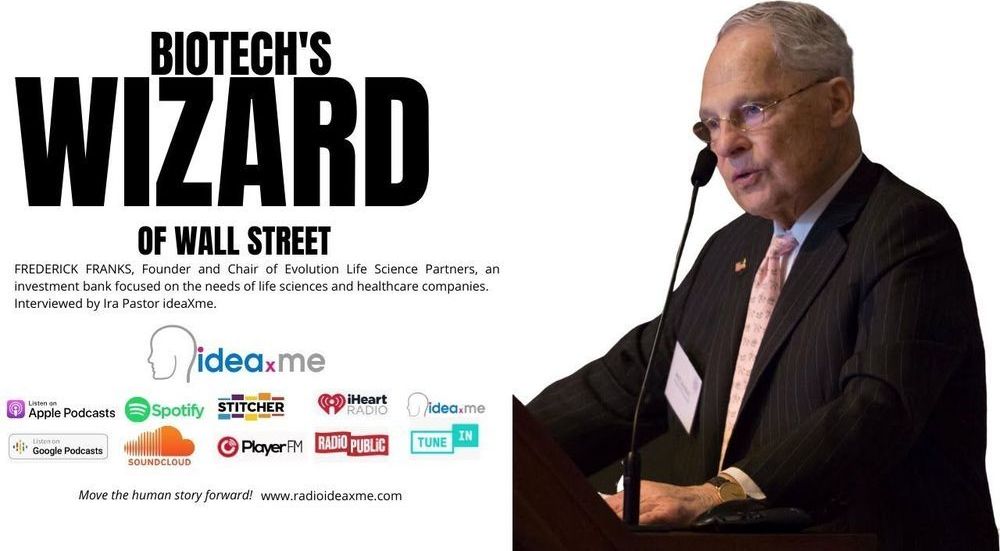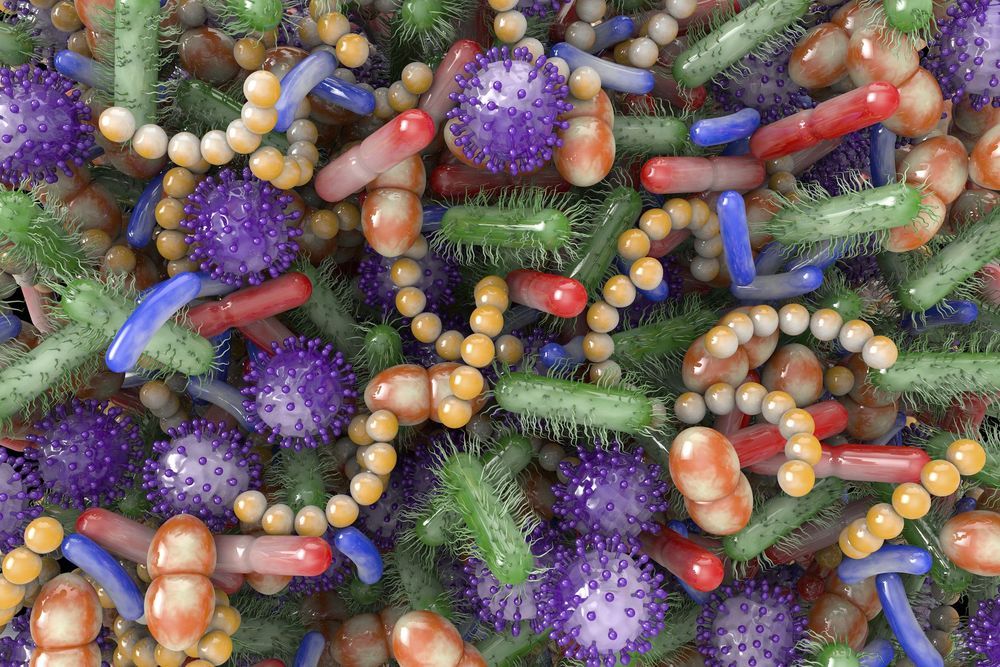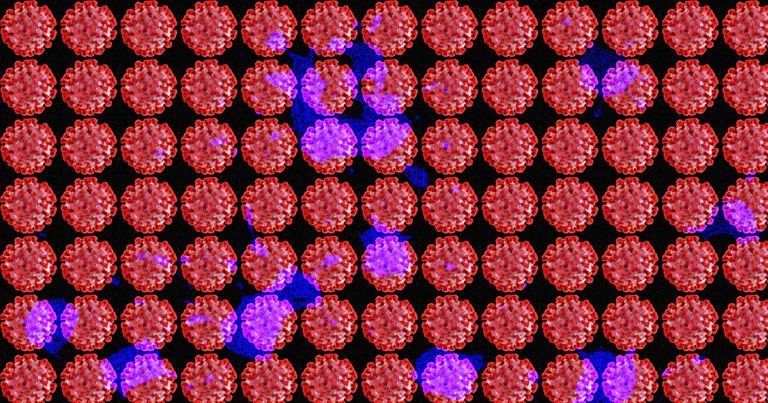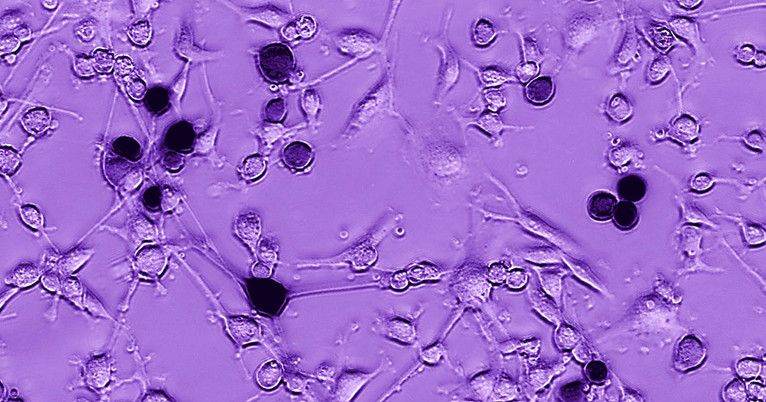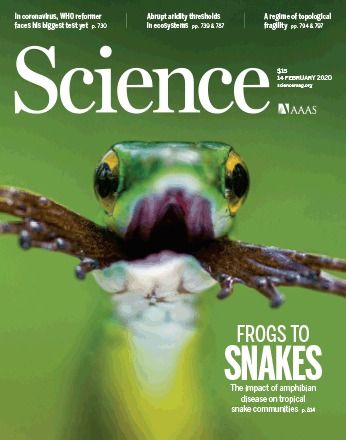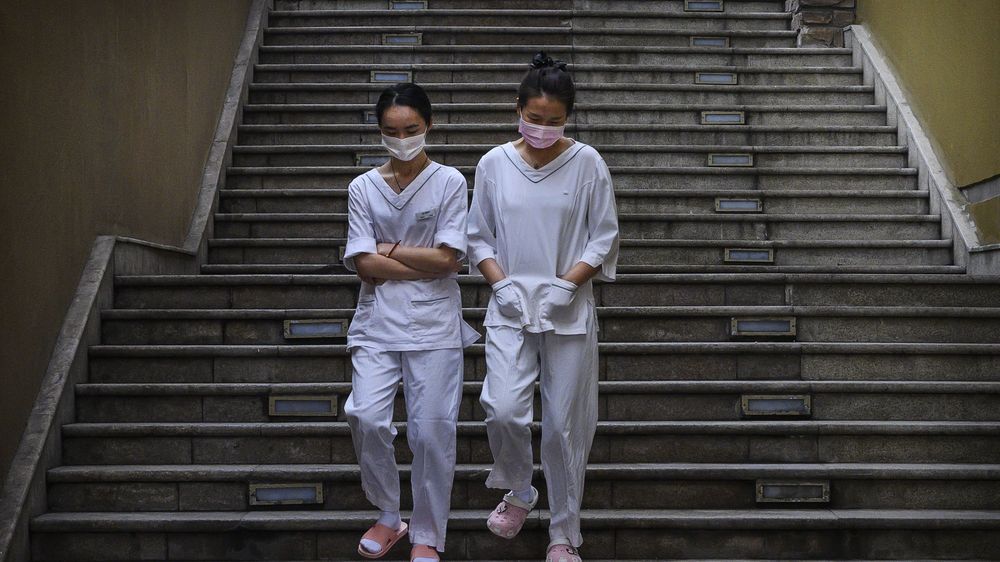Feb 14, 2020
Going mobile: FDA clears world’s first bedside MRI scanner-on-wheels
Posted by Paul Battista in categories: biotech/medical, neuroscience
The FDA has cleared the world’s first portable MRI system, designed to be wheeled to a hospital bedside for scanning a patient’s head and brain.
Developed by Hyperfine Research for people age two and older, the point-of-care imaging system weighs about one-tenth that of a conventional, fixed MRI system. About three feet wide and five feet tall, the device fits in an elevator and runs off an everyday power outlet to create both clinical contrast images and 3D renders.
“More than 40 years after its first use, MRI remains a marvel. Unfortunately, it also remains inaccessible,” Hyperfine Chief Medical Officer Khan Siddiqui said in a statement. “It’s time that MRI made the jump to point of need just like X-ray and ultrasound have before it.”
